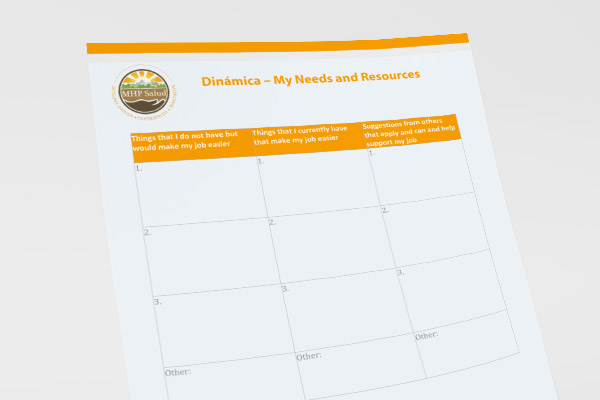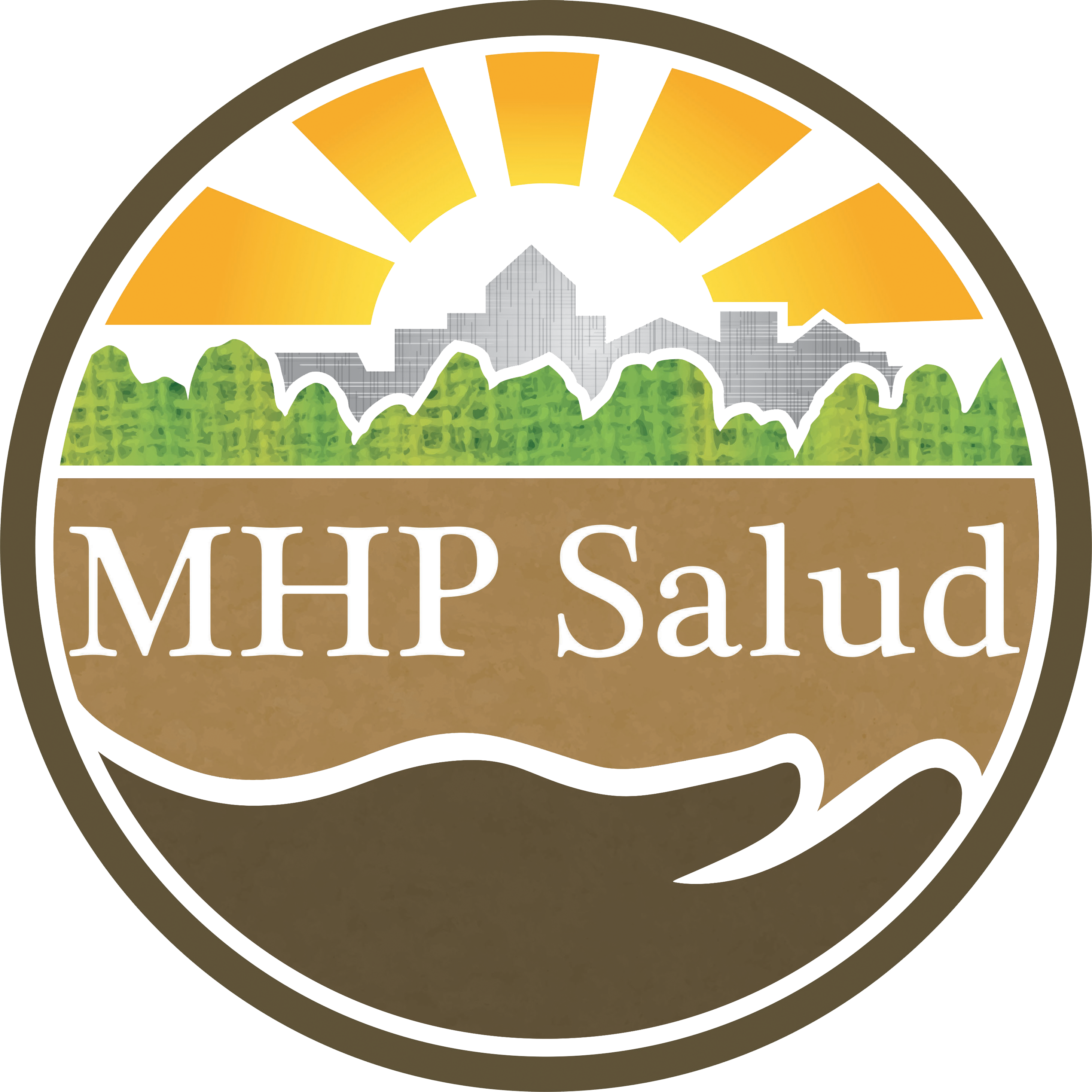La Esperanza (Hope) is a bilingual newsletter dedicated to the work of Community Health Workers across the country. MHP Salud, collaborators and CHWs themselves write articles specifically for and about their work.
La Esperanza Summer 2021 Edition
Health Risks Unique to MSAWs
Migrant and Seasonal Agricultural Workers (MSAW) are one of the most underserved populations in the United States. MSAWs are exposed to potential health risks due to their working conditions, such as heat strokes, pesticides, chemicals, and work accidents leading to injury. Besides working conditions, MSAWs are at higher risk of chronic illnesses such as diabetes, hypertension, and heart health issues.1 The work of MSAWs is physically demanding as they are required to bend over for hours when picking produce leading to back problems and muscle pain. Among MSAWs, heatstroke is the leading cause of work-related death as they work under extreme heat conditions. MSAWs experience unique challenges that limit their healthcare access, such as isolated agricultural work environments, poor living conditions, language, cultural barriers, and immigration status. MSAWs are of low socioeconomic status and have poor healthcare access; these conditions have been heightened during the COVID-19 pandemic.2 “Pesticide exposures come on top of other widespread workplace problems, including intimidation, harassment and even wage theft. Farmworkers and their families often survive in extreme poverty punctuated by substandard housing and lack of access to clean water, adequate food, healthcare, and education.” Undocumented workers are less likely to report poisonings due to pesticides and seek medical care due to fear for their immigration status or lack of knowledge of resources in their area.3
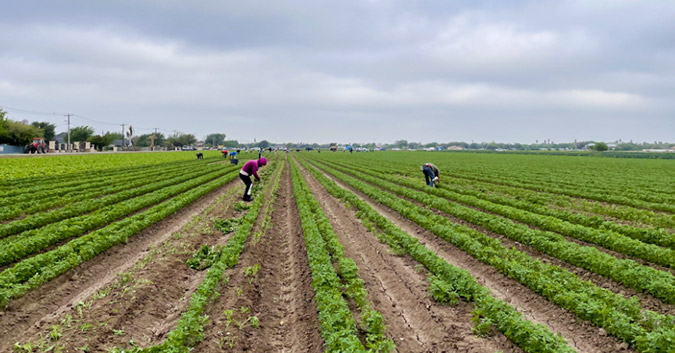
COVID-19 Individual and Community Challenges
MSAWs are experiencing challenging conditions in the spread and prevention of COVID-19. The Centers for Disease Control and Prevention’s (CDC) suggestions for sanitation and maintaining 6 feet apart is often difficult for MSAWs to follow as they live with other families in shared housing complexes and work in proximity of other agricultural workers when out in the fields. Due to their work, MSAWs travel from one farm to another, live in crowded housing, and share common areas with other families. MSAWs also share crowded transportation to and from work, such as shuttle vans or buses. MSAWs can contract COVID-19 due to their crowded housing and working conditions where they work long hours daily.
MSAWs work long hours to provide for their families and it is difficult to take time off work to get a COVID-19 vaccine. Doing so would mean less income for the family as they miss out on work hours in the field. MSAWs may lack computer access, may not have up-to-date information, and may fear getting the vaccine due to safety concerns. The vaccines currently require refrigeration for the first and second dose, making it difficult for clinics to administer the vaccine out in the fields due to the heat. Also, MSAWs travel for work, and if they do receive the first dose of the vaccine, they may not be around for when the second dose of the vaccine is due.4 As vaccines are becoming more readily available, there have been more opportunities to get a vaccine on the weekends or evening hours as well as health centers offering mobile or pop-up vaccine clinics to serve special populations such as Migrant and Seasonal Agriculture Workers.
The COVID-19 pandemic has changed working and schooling for everyone around the world. Children who are not working in the fields are generally attending school virtually and caring for younger siblings at home. Unfortunately, this means children have less at-home support for virtual learning resources (i.e., technology access). Additionally, major consequences of the transition to online learning for children range from poor sleeping habits, unsafe learning environments, mental health, and the amount of time children spend on digital devices (i.e., too much screen time).5
CHW Role in Addressing Current Emerging issues
A Community Health Worker (CHW) is a trusted member of the community they serve. CHWs work in both clinical and non-clinical settings and provide referrals to local organizations that assist with health and social services. CHWs meet participants where they are – at home, at work, or out in the community – to better reach participants and meet their unique needs. While their primary role is often linking vulnerable populations to the health system, they can assist in many different roles. Additional roles can include cultural mediation, culturally appropriate education, care coordination, case management, systems navigation, coaching and social support, advocacy, capacity building, and outreach. Due to their intimate understanding of and trust from the community they serve, CHWs have a unique ability to build strong relationships and effectively address challenges individuals face.6
Although COVID-19 has challenged how CHWs deliver services (i.e., telehealth or virtual), CHWs continue to find ways to engage their communities. MSAWs look to their CHWs for answers to questions about local resources, COVID testing, and help increase vaccine confidence by providing accurate and relevant information related to COVID-19 vaccines. CHWs assist MSAWs with resources, such as referring them to food banks or resource centers distributing food and applying for SNAP benefits for long-term needs. CHWs can link MSAWs and the community to health and social service resources such as health centers or can connect them to free services such as food pantries, when available.
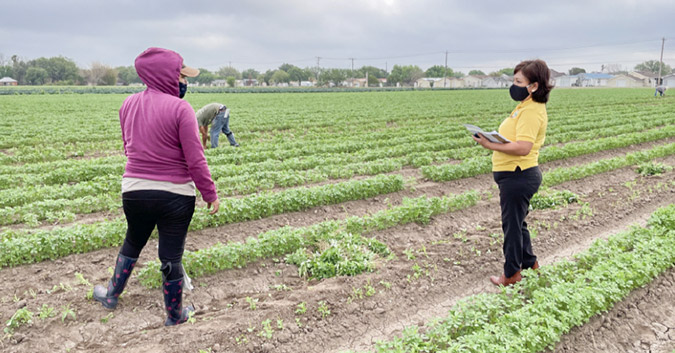
The “Health Force” bill is currently being considered and would provide funding to create a public health workforce tailored to specific communities’ needs. This bill would utilize Community Health Workers to support a range of critical activities: contact tracing, health education campaigns, coronavirus testing, medicine, food deliveries, assistance for those who are sick or in quarantine, and, of course, vaccine administration.7 CHWs are currently performing some of the duties listed on the proposed Health Force bill. For example, CHWs with Migrant Clinicians Network provides resources to MSAWs, such as CDCs printed materials, World Health Organization communications, and COVID-19 materials from the Mexican government.8 CHWs are out in the fields where MSAWs work, providing them with information on workers’ rights related to their health and safety and protocols to follow if they were to fall ill from the COVID-19 virus.
-
- https://www.ncbi.nlm.nih.gov/pmc/articles/PMC1011296/#:~:text=Potential%20farm%20wk%2Drelated%20health,illnesses%2C%20communicable%20diseases%2C%20bladder%20and
- http://nfwm.org/farm-workers/farm-worker-issues/health-safety/
- https://www.panna.org/frontline-communities/farmworkers
- https://www.npr.org/2021/02/14/967807238/as-california-expands-vaccination-some-worry-farm-workers-will-lose-out
- https://www.jhunewsletter.com/article/2020/04/how-online-learning-can-affect-student-health
- Promotores and Promotoras de Salud – MHP Salud
- Build trust in vaccines by investing in community workers | TheHill
- https://www.migrantclinician.org/blog/2020/mar/farmworkers-and-covid-19-faq.html
Community Health Worker Testimonial
“Our work as CHWs is important to our community. The members of our community reach out to us so that we may answer any questions they may have or to clarify what they have heard from other members of the community or on the news about the pandemic. We link the community to health centers, COVID-19 testing sites, vaccine registration, food services, to name a few. In addition to our programs at MHP Salud, we have partnered with National Center for Farmworker Health to better assist our MSAWs. I do outreach at farms and fields to inform and educate farmworkers on how they can protect themselves and their families during this pandemic and provide them with personal protective equipment such as masks, sanitizer, and gloves. I love the work I do!”
Maria Salgado, Community Health Worker at MHP Salud
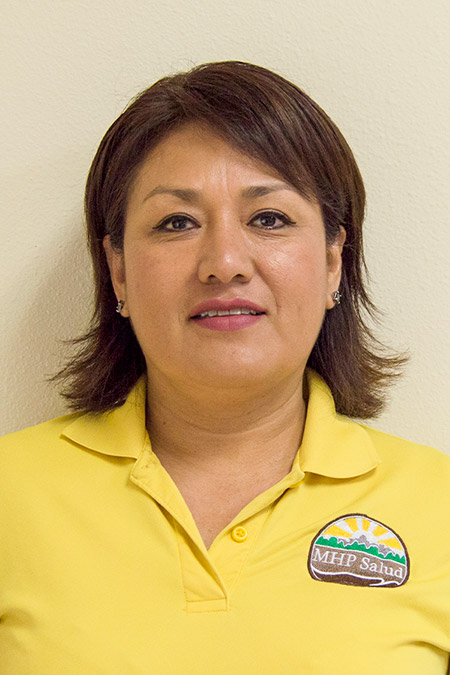
Dinámica
A dinámica is an activity or game with a specific purpose, such as to get to know one another, learn new information, review what was learned, brainstorm new ideas, or just get a group moving. Dinámicas can be done in a virtual setting as well to motivate and energize the group.
Resources: My Needs and Resources Handout, pens Duration: approximately 20 minutes
Instructions
- Use the boxes to write down three things that you do not have but would make your job easier, and three things that you currently have that make your job easier.
- Then go around the room and share responses, documenting similar responses from participants.
- Ask participants to add some of the suggestions others filled in that apply to their work and can help support their job.
- At the end of the dinámica, discuss with participants how sharing ideas and resources with peers can help enhance their work.
Resources
Centers for Disease Control and Prevention
Resources for Community Health Workers, Community Health Representatives, and Promotores(as) Salud.
Centers for Disease Control and Prevention
Community-Based Organizations COVID-19 Vaccine Toolkit: Educating Communities on the Importance of COVID-19 Vaccines
National Association of Community Health Workers
COVID-19 Vaccine Information and Tracking
U.S. Department of Health and Human Services
Community-Based Testing Sites for COVID-19
Health Leads
Overcoming Barriers to Equitable and Effective COVID-19 Vaccine Distribution
MHP Salud
Community Health Workers Improving Social Determinants of Health: A model for Use by Community-Based Organizations
Save the Dates
MHP Salud COVID-19 and CHWs Virtual Technical Assistance Calls
MHP Salud offers COVID-19 and CHWs Virtual Technical Assistance Calls for health centers and other organizations to discuss COVID-19 challenges and share resources related to migrant health center outreach. The format consists of a short presentation with resources, followed by an open discussion where participants can ask questions and share their needs.
To access previous sessions and reserve your seat for an upcoming session, please visit here.
2021 Conference for Agriculture Worker Health
The Conference for Agricultural Worker Health is the only conference dedicated solely to the health and well-being of America’s migratory and seasonal agricultural workers and their families. The National Association of Community Health Centers (NACHC) sponsors this conference each year to bring together leaders in migrant health to learn from each other to improve the health and well-being of this population.
The virtual conference is currently scheduled for May 4-6, 2021, for up-to-date information visit here.
Is your organization interested in starting or strengthening a CHW program? Click here to see how we can help you.
HRSA Disclaimer
This publication is supported by the Health Resources and Services Administration (HRSA) of the U.S. Department of Health and Human Services (HHS) as part of an award totaling $753,959.00 with 0 percentage financed with non-governmental sources. The contents are those of the author(s) and do not necessarily represent the official views of, nor an endorsement, by HRSA, HHS or the U.S. Government. For more information, please visit www.HRSA.gov.
MHP Salud Disclaimer
All content found in MHP Salud materials, including websites, printed materials, photos, graphics or electronic content, unless otherwise cited, credited or referenced, were created by MHP Salud and are the organization’s intellectual property. As such, they are not to be used without the permission of MHP Salud and, if permission is granted, is to be cited appropriately with name and/or logo as designated by the permission granted by MHP Salud in addition to any other condition listed in permission.

